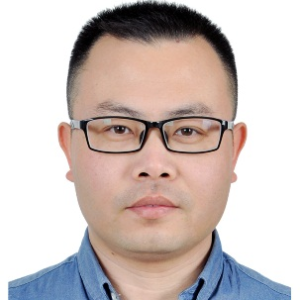Title : Enhancing the production of Xenocoumacin 1 in Xenorhabdus nematophila CB6 by a combinatorial engineering strategy
Abstract:
Xenocoumacin 1 (Xcn1) is an excellent antimicrobial natural product against Phytophthora capsici. However, the commercial development of Xcn1 is hindered by the low yield, which results in high application cost. In this study, multiple metabolic strategies, including blocking the degradation pathway, promoter engineering and deletion of competing biosynthetic gene clusters (BGCs), were employed to improve the production of Xcn1, which was increased from 0.07 g/L to 0.91 g/L. The formation of Xcn1 reached 1.94 g/L in the TB medium with the final strain T3 in shake flask, and further reached 3.52 g/L in a 5-L bioreactor, which is the highest yield ever reported. The engineered strain provides a valuable platform for production of Xcn1, and the possible commercial development of the bio-fungicide. We anticipate that the metabolic engineering strategies utilized in this study and the constructed constitutive promoter library can be widely applied to other bacteria of the genera Xenorhabdus and Photorhabdus.
Keywords: Xenorhabdus nematophila, Xenocoumacin 1, Constitutive promoters, Metabolic engineering


